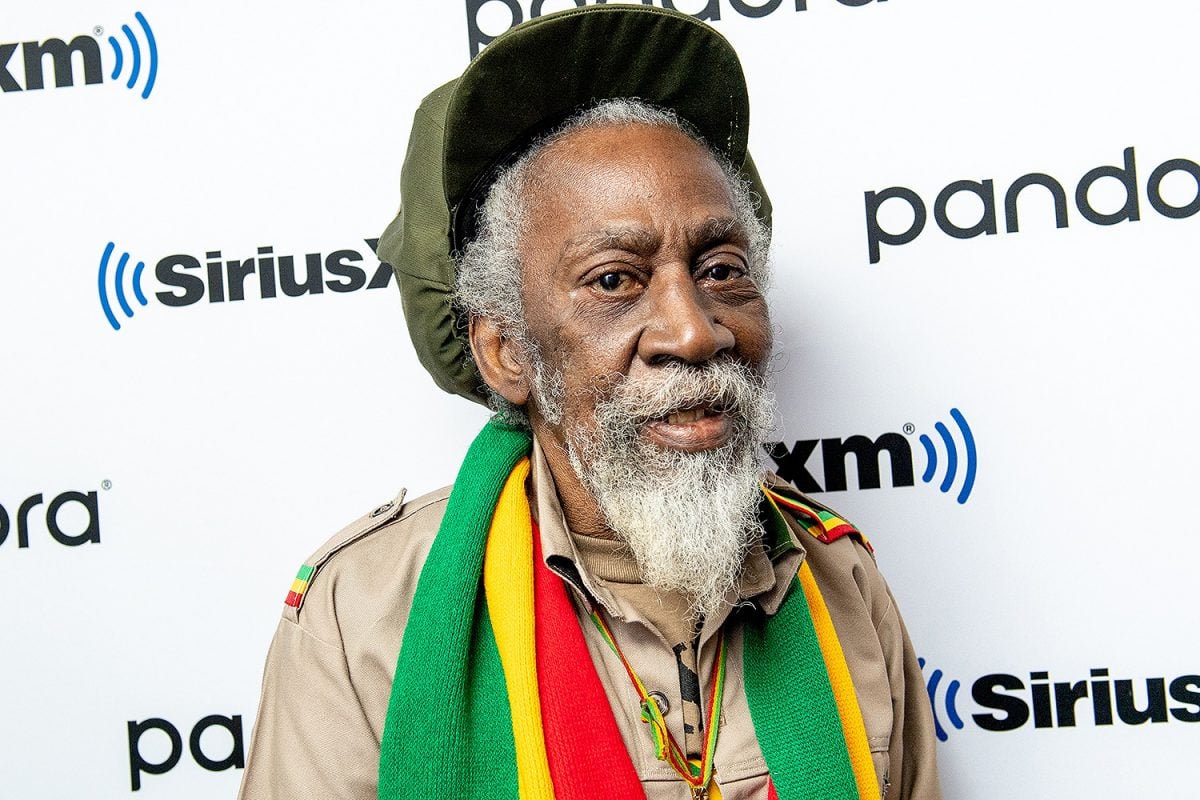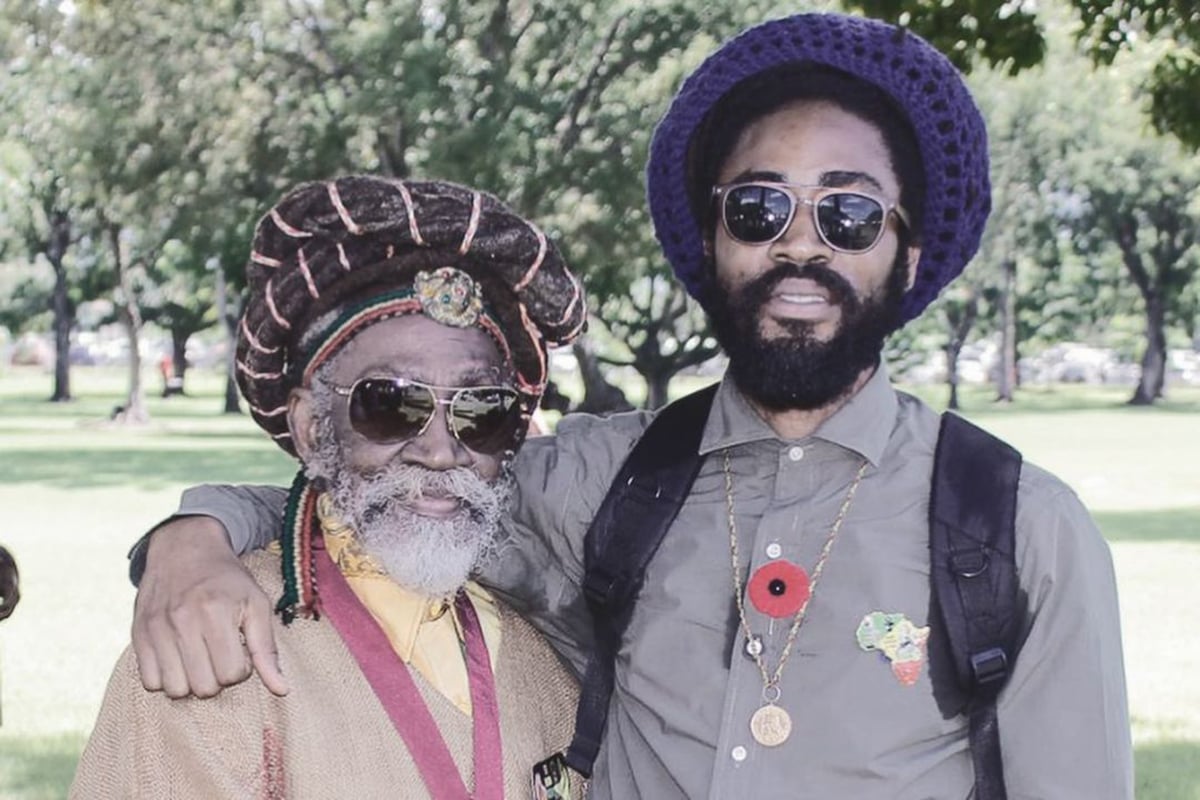Remembering Bunny Wailer, The First ‘Don Dadda’ Of Dancehall, One Year After His Death

Today marks one year since the passing of Reggae/Dancehall legend Bunny Wailer, the original Don Dadda and founding member of The Wailers band, which included his step-brother Bob Marley and Peter Tosh.
Born Neville Livingston on April 10, 1947, Bunny died on March 2, last year. The Trench Town native was in and out of hospital after suffering a second stroke in July 2020.
While Bunny is known globally and recognised for his Roots Reggae music, many people may not be aware that he also has the distinction of being the only Wailer to record Dancehall music, a prowess of which he was extremely proud.
Bunny was unapologetic about the fact that he was a Don Dadda of Dancehall, as he espoused in his 1992 song Don Dadda , which was recorded on the African Beat riddim, on which he sang and deejayed.
Don Dadda is a term for the top man in Kingston’s inner-city communities, who wields so much power, that he’s both respected and feared by everyone including lesser dons and politicians. The moniker was later adopted by Dancehall deejay Super Cat not long after.
In 1987, Bunny Wailer released the album Ram Dance Hall, a 12-track production that included tracks such as Rule Dancehall, Jolly Session, Put It on, and Hot Foot Head.
Prior to that, he recorded the album Rock ‘n’ Groove, which had a slew of Dancehall-flavoured hit songs that were popular at dances, among them Dance Rock, Cool Runnings, Rootsman Skanking and Ballroom Floor.
The title track Rock and Groove topped the Jamaica Broadcasting Corporation’s Radio Top 30 chart in 1981, and later that year, Cool Runnings also became a chart-topper. Ballroom Floor debuted on the RJR Top 40 chart in early 1982 while Dance Rock debuted just outside the Top 10 a few months later.
Jah B won the Grammy Award for Best Reggae Album, three times. The first occasion was in 1991 for the album Time Will Tell: A Tribute to Bob Marley. In 1995 he copped the award again, this time for Crucial! Roots Classics, and in 1997 for Hall of Fame: A Tribute to Bob Marley’s 50th Anniversary.
He also received numerous honours including the Order of Jamaica in 2012 and the Order of Merit, Jamaica’s fourth highest national honour, in 2016.

Electric 75
Just over a week ago, Wailer’s son Asadenaki announced an upcoming year-long celebration Electric 75, which is to commemorate the Reggae icon’s life, in what would have been his 75th year.
Asadenaki had unveiled a video teaser promoting a year-long calendar of events in memory of the singer, fondly known as Jah B.
“The Living Legacy. Celebrating 75 Legendary Years and Counting. We are proud to premiere in Reggae Month the Official Teaser for Bunny Wailer’s 75th Earthday Anniversary. #Electric75…,” he had noted.
https://www.instagram.com/p/CaHwG_qDxZU/
Among some of the activities planned for Electric 75 are a Bunny Wailer tribute, Nyahbinghi, and an art exhibition dubbed the Original Don Dadda, according to Irie FM.
Electric 75 refers to Electric Boogie , a massive hit song written by Bunny, which he first recorded as a duet with his childhood friend Marcia Griffiths in 1983 serving as producer, arranger and background vocalist. Bunny later recorded a solo version of the song.
